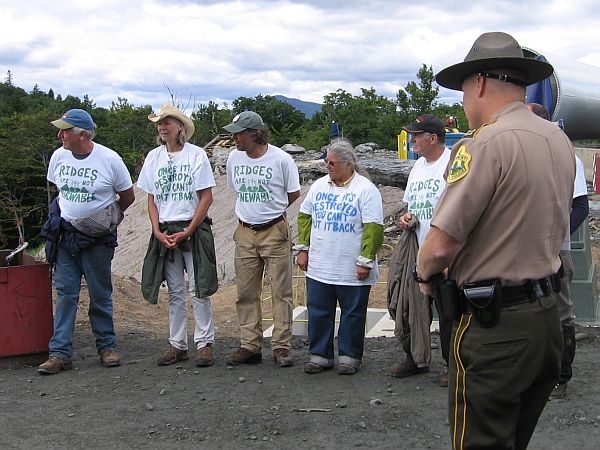Since the floods of 2009 Valdosta had been waiting on FEMA
to say whether it would grant some funding for improving the wastewater treatment plant that flooded then. Finally, FEMA gave a decision, no, which allowed the Valdosta City Council to choose another path. But not in time for improvements before the same plant had another wastewater overflow.
WCTV posted PR from the City of Valdosta of 17 August 2012, Major Sewage Overflow from Withlacoochee Water Pollution Control Plant,
Continue readingAt approximately 1 a.m. on Aug. 16, 2012, the pumps in the Influent Pump Station of the Withlacoochee Water Pollution Control Plant (WPCP) stopped working.
An emergency bypass pump system was placed into service at 12:45 a.m., on Aug. 17; and as a result, the sewer spills are no longer occurring. Contractors are currently on site investigating the cause of the failure, which has not yet been determined, while also making necessary repairs to the damaged equipment.
Sewer overflows were recorded at the following locations within the sewer collection system:










